by Marc Humbert (Editor), Oleg V. Evgenov (Editor), Johannes-Peter Stasch (Editor)
Over the past decade, major advancements in the understanding of the molecular mechanisms and pathophysiology of pulmonary hypertension occurred in parallel with the discovery and development of new therapies. Pharmacological agents that modulate the main pathophysiological pathways of pulmonary arterial hypertension have changed the course of this devastating disease by relieving symptoms and improving and prolonging patients’ lives.
The first part of the book covers definition, classification, pathophysiology, pathology, biomarkers and animal models of pulmonary hypertension, thus laying the conceptual basis for what follows. The middle section provides an overview of the established therapies, such as calcium channel blockers, prostanoids, endothelin receptor antagonists, phosphodiesterase-5 inhibitors and inhaled nitric oxide. The concluding section explores novel pathways and emerging therapeutic approaches including soluble guanylate cyclase stimulators, Rho-kinase inhibitors, inhibitors of serotonin receptors and transporters, peptide growth factors, vasoactive peptides, modulators of redox equilibrium and cyclic nucleotides homeostasis, as well as immunosuppressive and anti-proliferative agents. Particular attention is given to clinical applications of these experimental therapies.
Product Details
- ISBN-13: 9783642386633
- Publisher: Springer Berlin Heidelberg
- Publication date: 10/31/2013
- Series:Handbook of Experimental Pharmacology Series , #218
- Edition description: 2013
- Edition number: 1
- Pages: 576

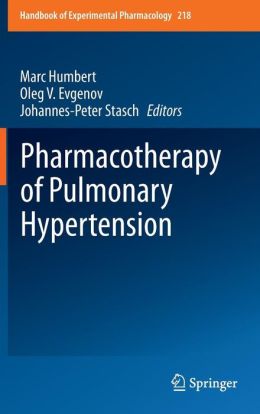
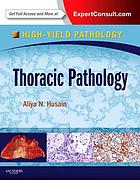
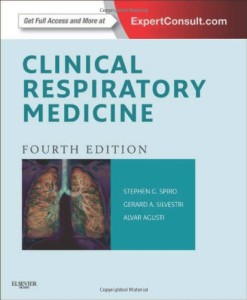
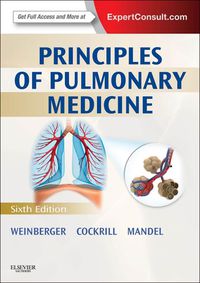
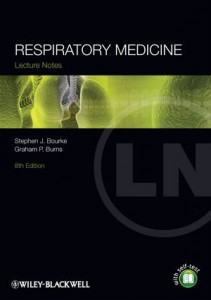
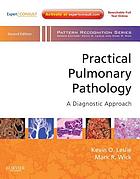
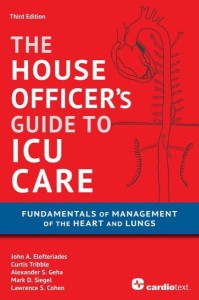
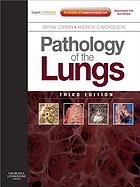
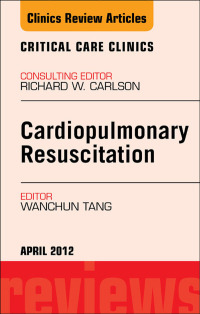
Reviews
There are no reviews yet.